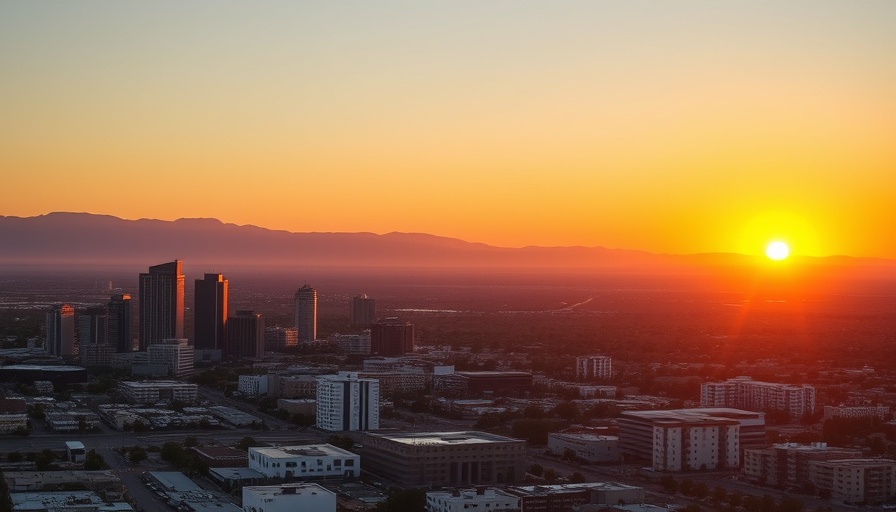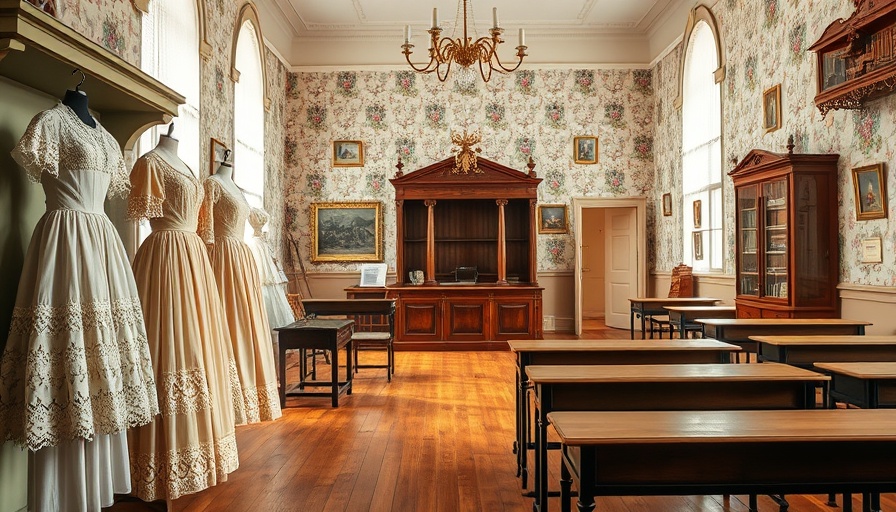
Reimagining El Paso: The Untold Histories Shaping Identity
El Paso, Texas, is often overshadowed by misconceptions steeped in tales of the old West—a narrative saturated with gunmen and lawlessness. However, in a fresh perspective on its historical significance, award-winning journalist Richard Parker calls attention to a more comprehensive and nuanced narrative that positions El Paso as a crucial part of America’s origins.
A Historical Perspective Revisited
Parker’s new book, The Crossing: El Paso, the Southwest, and America’s Forgotten Origin Story, seeks to redefine the commonly accepted narrative. He highlights that El Paso has contributed historical moments that predate classic American tales, including a Thanksgiving celebration that occurred well before the Pilgrims’ arrival. Parker urges readers to reconsider the dynamics of American history, emphasizing that the stories of indigenous peoples and Mexican Americans have historically been relegated to the margins of American identity.
El Paso’s Role as a Cultural Crossroads
More than just a border city, El Paso serves as a vital junction for diverse cultural exchanges over centuries. Parker argues that its positioning not only facilitated migration but also accountability for cultural legacies that cannot be overlooked. As the gateway between the North and South, it has been a melting pot where indigenous, Hispanic, and Anglo cultures intermixed, enabling the evolution of modern American society.
Countering Popular Misconceptions
For years, cinema and literature have perpetuated stereotypes of El Paso as a chaotic frontier town plagued by violence and lawlessness. These narratives have been shaped significantly by filmmakers and historians who depict a romanticized version of this region’s past. Parker confronts these tropes, stating that the glorification of Anglo shooters in popular culture simplifies the complex history of the region and obscures the struggles that have occurred here. By focusing on the transformative moments from El Paso’s history, there is an opportunity to tell a richer, more inclusive story.
The Impact of the 2019 Tragedy
The 2019 Walmart shooting tragically illustrated the very prejudice that oftentimes emerges from these distorted historical narratives. The attack was not just an act of violence but a manifestation of systemic racism stemming from longstanding misrepresentations of Mexican Americans. This moment prompted Parker to reflect on his identity and the stories he feels compelled to share about El Paso, highlighting a pressing need to repair the narrative around this city.
Imagining a Future with a Comprehensive Narrative
Parker’s work serves not only as a historical account but also as a radical call for recognition and change—urging society to re-center the American story in respect to what El Paso represents. His analysis is a reminder of the many voices that have been muted and the importance of including the narratives of those who have shaped this land but were often overshadowed.
Learning from El Paso’s Story As We Move Forward
Understanding El Paso's complex history—the blend of cultural legacies and struggles—can lead us into a future where these stories inform modern discussions about identity and coexistence. By acknowledging its diverse narratives instead of relegating them to the background, it paves the way for a more united identity that reflects the multifaceted nature of America today. Each individual, regardless of background, can find pieces of themselves in such stories, fostering unity in a time rife with division.
This reimagining of El Paso is not just a retelling of old stories but a bridge toward reconciliation and understanding. The narratives of marginalized communities must find their rightful place in the discourse about American history. By sharing these insights, we can create pathways for dialogue, empathy, and ultimately, a more inclusive society.
#ElPasoHistory, #AmericanIdentity, #CulturalCrossroads, #IndigenousNarratives, #MexicanAmerican, #HistoricalMisconceptions, #2019WalmartShooting, #SystemicRacism, #InclusiveNarrative, #ReimaginingHistory
 Add Row
Add Row  Add
Add 




 Add Row
Add Row  Add
Add 


Write A Comment